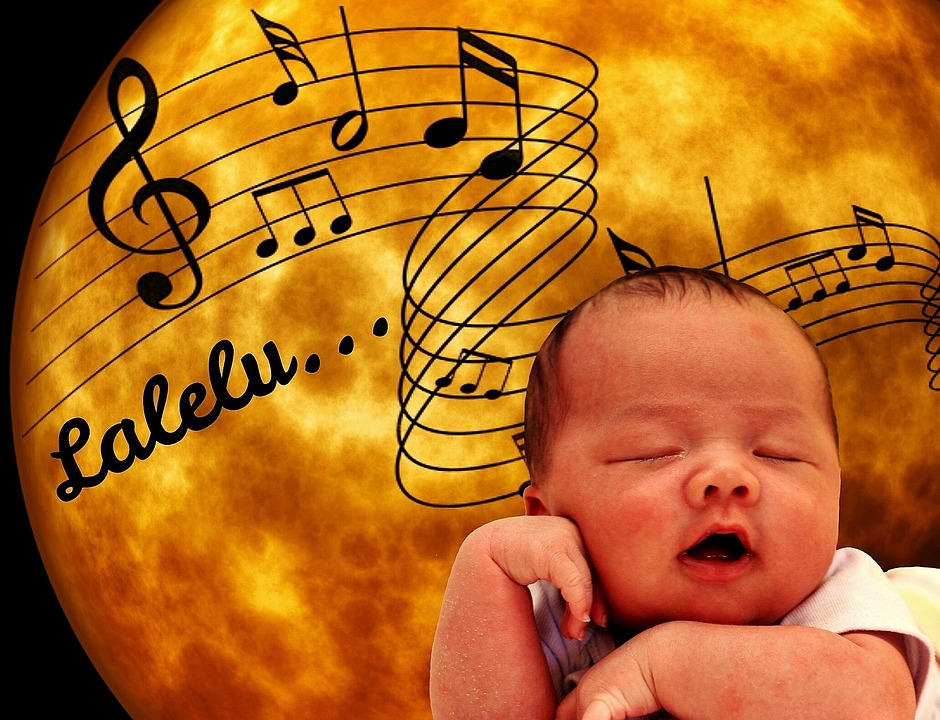The full moon has long been a source of fascination and mystique, with many cultures believing it holds the power to influence our behavior, emotions, and even our sleep patterns. But is there really a connection between the full moon and our ability to catch some quality Z’s? In this article, we’ll delve into the world of lunar slumber and explore the ways in which the full moon may be affecting your sleep.
The Full Moon Effect: Fact or Fiction?
For centuries, people have reported feeling more restless, anxious, and energetic during full moons. This phenomenon has been dubbed the “Full Moon Effect,” and it’s often linked to an increase in strange occurrences, accidents, and erratic behavior. But when it comes to sleep, the evidence is more nuanced. Some studies suggest that the full moon can indeed disrupt our sleep patterns, while others have found no significant correlation.
The Science Behind Lunar Sleep Disruption
One theory is that the full moon’s gravitational pull can affect the Earth’s tides, and potentially even our bodies’ internal rhythms. This phenomenon, known as the “lunar cycle entrainment,” suggests that our circadian rhythms may be influenced by the moon’s cycles, leading to changes in our sleep-wake patterns. Additionally, the full moon’s bright light may also play a role in suppressing melatonin production, making it harder to fall asleep and stay asleep.
How the Full Moon Affects Different People
While the Full Moon Effect may be more pronounced in some individuals, others may not experience any noticeable changes in their sleep patterns. Research suggests that certain personality types, such as those with a more sensitive or intuitive nature, may be more susceptible to the full moon’s influence. Additionally, people with a history of sleep disorders, such as insomnia or restless leg syndrome, may find that their symptoms worsen during full moons.
Tips for a Restful Night’s Sleep During the Full Moon
If you’re one of the many people who experience sleep disruptions during the full moon, there are several strategies you can try to improve your chances of a restful night’s sleep:
- Establish a consistent sleep schedule: Go to bed and wake up at the same time every day, including weekends, to help regulate your body’s internal clock.
- Create a sleep-conducive environment: Make your bedroom a sleep haven by ensuring it is dark, quiet, and cool.
- Use relaxation techniques: Practice stress-reducing activities, such as meditation, deep breathing, or yoga, to help calm your mind and body before bed.
- Limit exposure to screens and artificial light: Avoid using electronic devices at least an hour before bedtime, and use blue light filtering glasses or apps to minimize the disruptive effects of screen time.
Conclusion
While the Full Moon Effect on sleep patterns is still a topic of debate, it’s clear that the lunar cycle can have a profound impact on our bodies and minds. By understanding the potential effects of the full moon on our sleep and taking steps to mitigate any disruptions, we can improve our chances of a restful and rejuvenating night’s sleep. So the next time the full moon rises, take a deep breath, relax, and let the lunar slumber wash over you.
Share your own experiences with the Full Moon Effect in the comments below! Do you find that your sleep patterns are affected by the lunar cycle, or do you have any tips for catching some quality Z’s during the full moon?


Leave a Reply